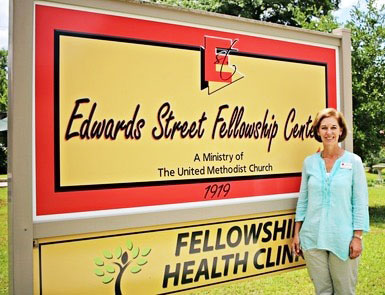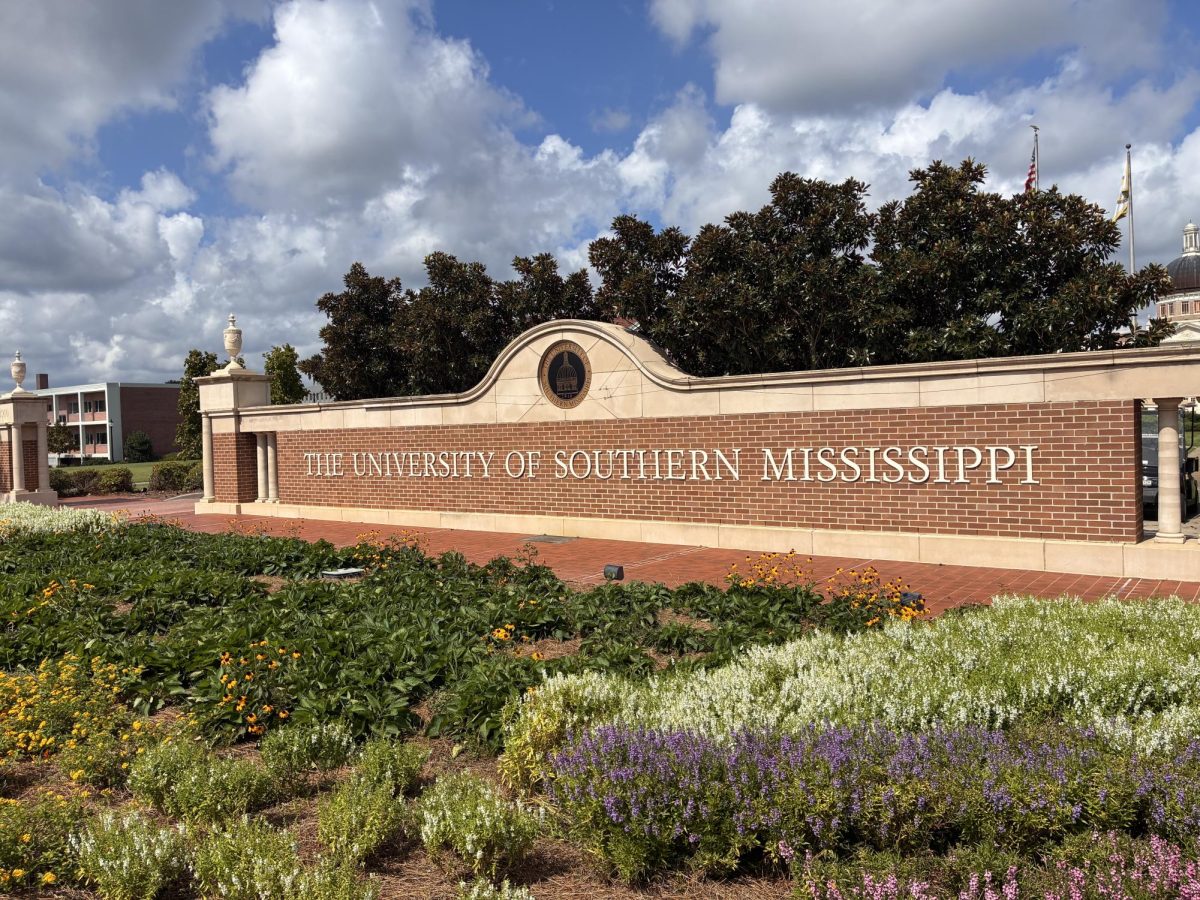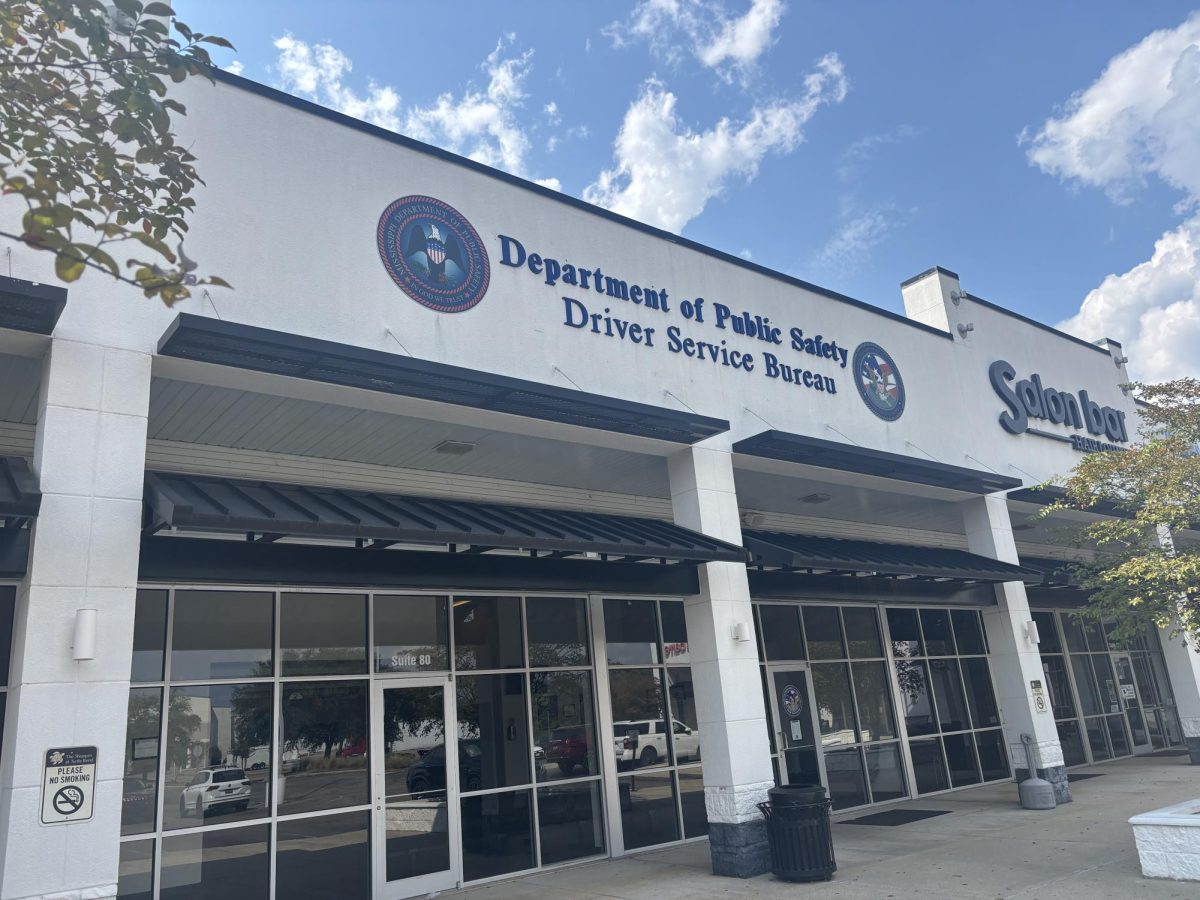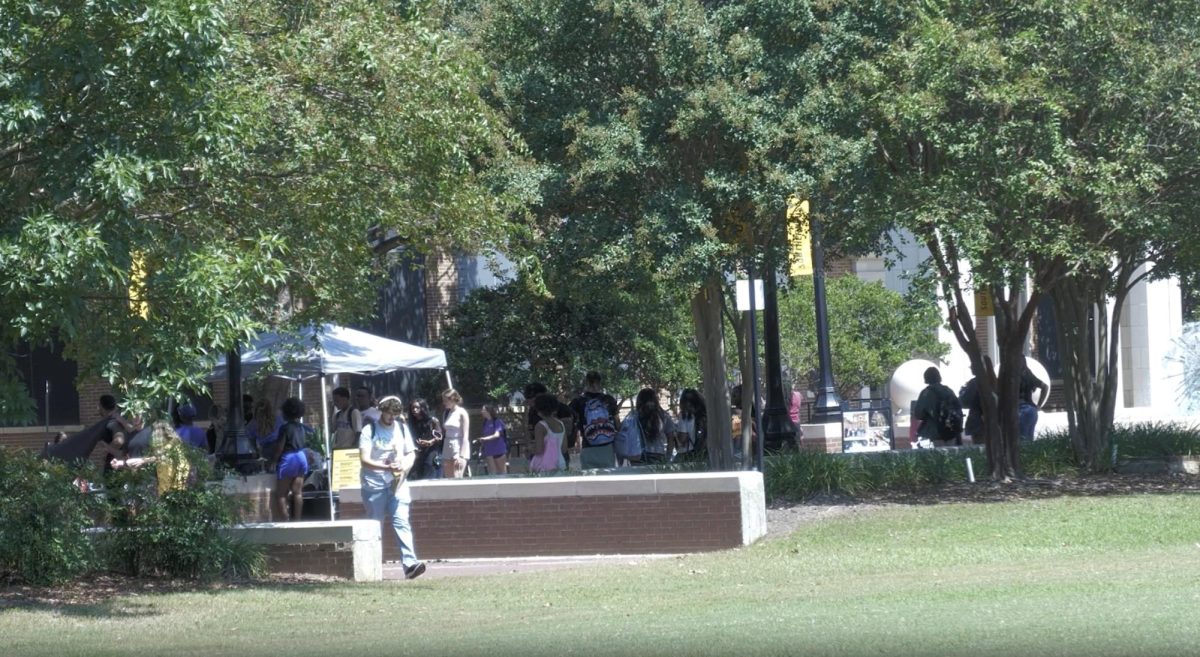According to the U.S. Census Bureau, 20.8 percent of Mississippians live in poverty. This statistic leads one to wonder why poverty is an issue in Mississippi and what efforts are being made to decrease the poverty rate.
Statistics on Talkpoverty.org reported that low rates of higher education attainment, disconnected youth and high teen birth rates are a few of the factors that continue to keep Mississippi below the poverty line.
In 2016, Mississippi ranked 44th in the United States for higher education attainment, according to the website. This is based on the percentage of adults ages 25 to 34 who had an associate’s degree or higher from 2015. Higher education attainment affects employment rates.
Another statistic from the website cited Mississippi ranking 49th in the United States for disconnected youth ages 18 to 24 who are not attending school or working.
High teen birth rates are also a huge contributing factor to poverty in the state of Mississippi. The website stated that Mississippi ranked 49th in the U.S. for high teen birth rates.
Ann McCullen, the executive director of Edwards Street Fellowship, said natural disasters can quickly change socioeconomic status.
“Based on the statistics, the average number of households we serve per month has increased in the past year. Some of this attributed to the tornado that caused a lot of people in Forrest County to be temporarily homeless,” McCullen said.
United Way is a non-profit organization that helps advance education, health and financial stability.
“Some Mississippians don’t have a banking account or banking institution,” Director of United Way Community Impact Staci Cox said. “Because of this, when they get paid they lose a certain percentage.”
“I think there’s a lot of reasons why poverty exists. However, there are a lot of good things that are happening in the community to alleviate that,” Cox said.
Housed at the University of Mississippi, The North Mississippi VISTA Project focuses on fighting poverty through education in 24 surrounding counties. The missions range from adult literacy to arts enrichment.
The Edwards Fellowship Center has a food pantry that provides food to the 23 percent of Mississippi residents who are food insecure because they do not have the money or access to good quality food.
“Our food pantry to date has served 1,261 households per month and that represents 3,534 individuals per month and we serve a seven-county area. These counties are Covington, Forrest, Jasper, Jeff Davis, Jones, Lamar, and Wayne,” McCullen said.
In addition to the food pantry, the Edwards Fellowship Center also provides health care to those who do not have insurance. This health care includes filling prescriptions, medical tests and doctor appointments.
“We have filled 4,476 prescriptions for no charge to the patients,” McCullen said. “We’ve had 740 appointments where a patient has seen a doctor. 785 medical tests have been performed. There have been 121 referrals for people to have at least one tooth extracted for free or teeth cleaning. Some have gone for both services.”
These programs and organizations that provide services to Mississippi residents in poverty serve as a pillar of hope. The problem of poverty is overwhelming, but Mississippi will not give up without a fight.





























